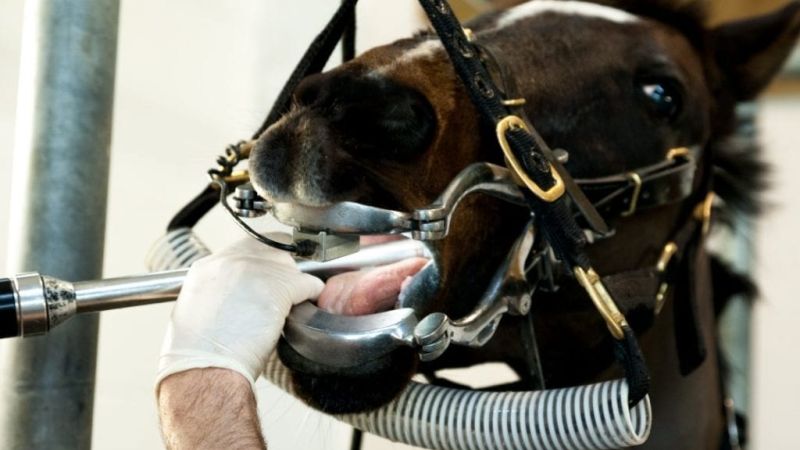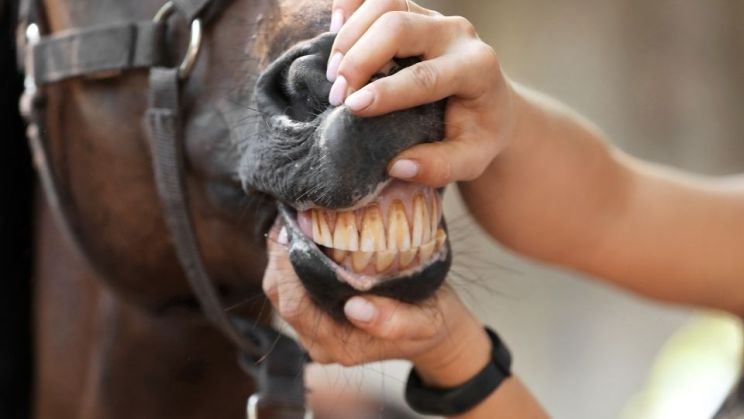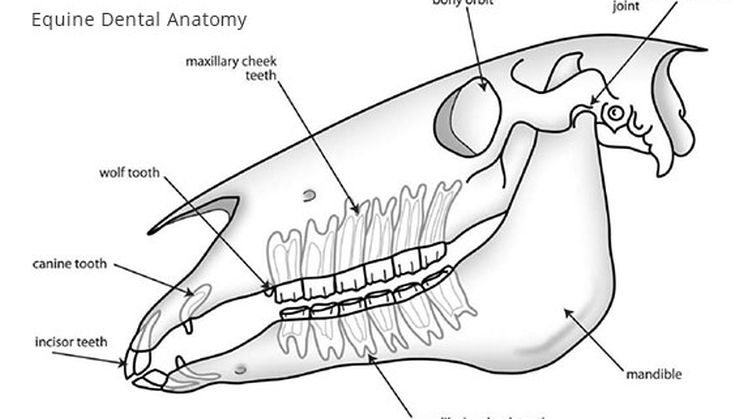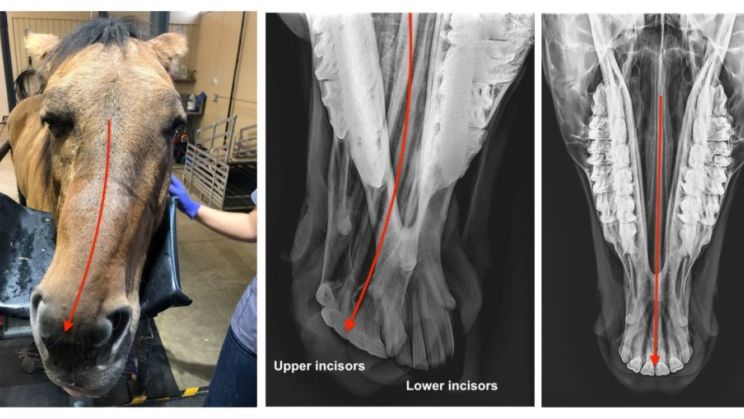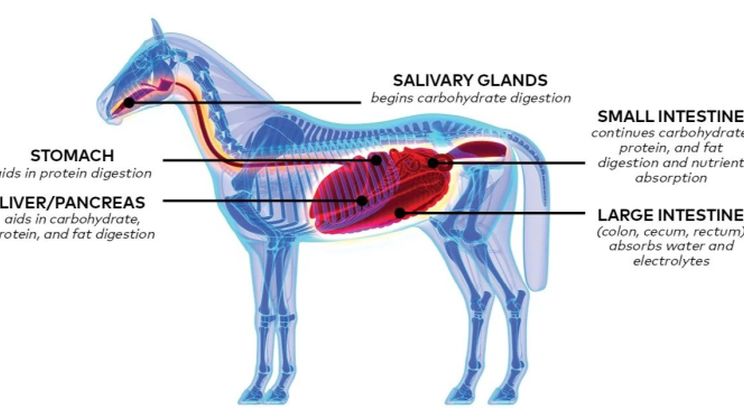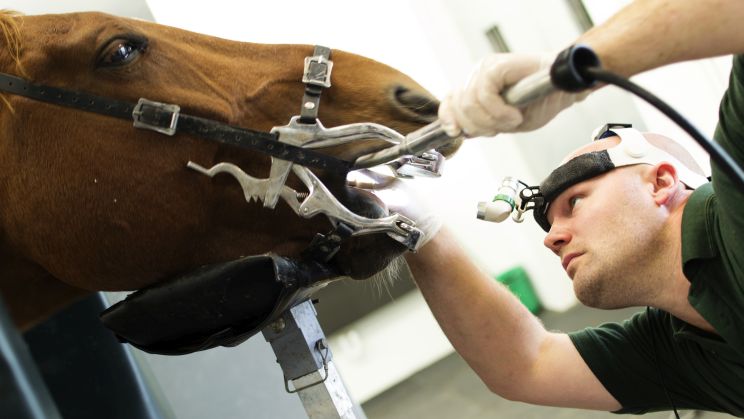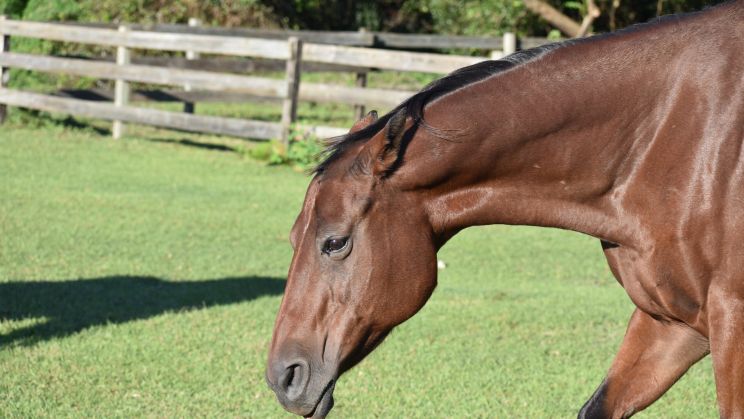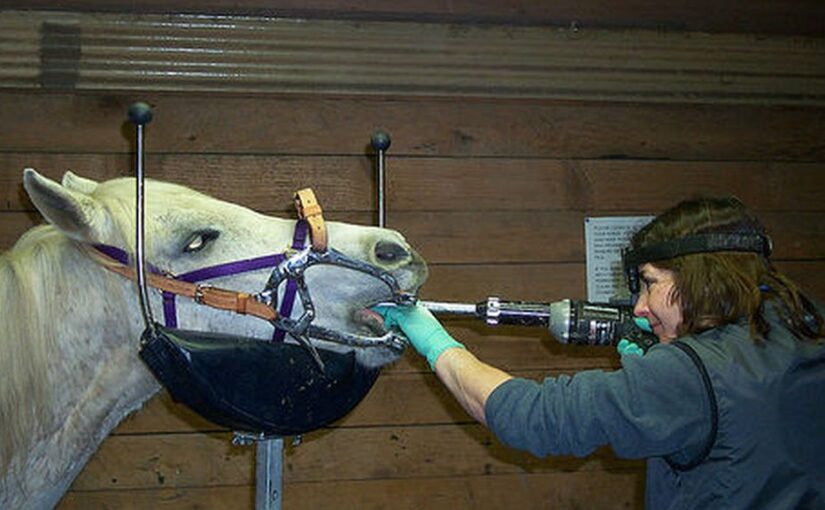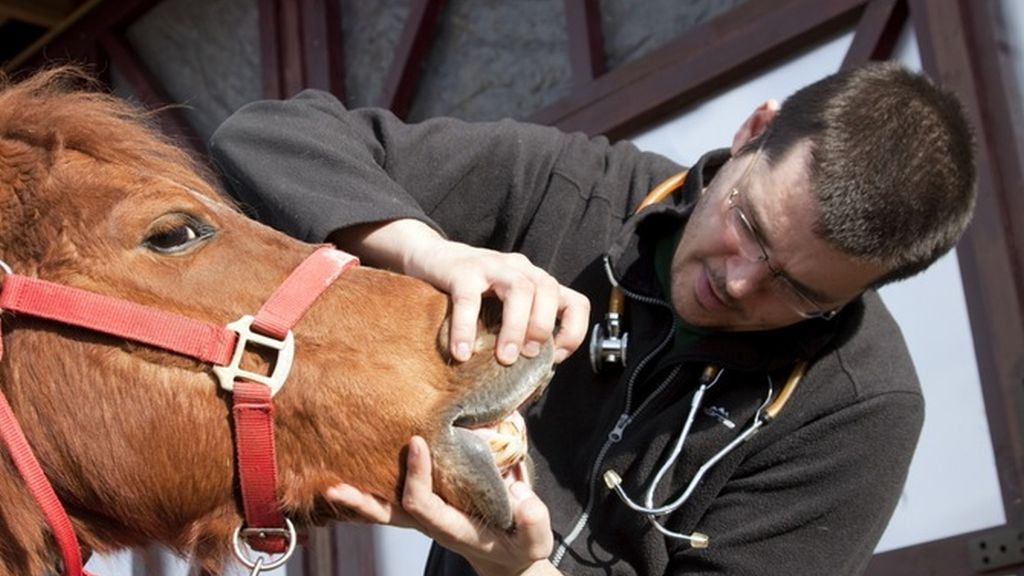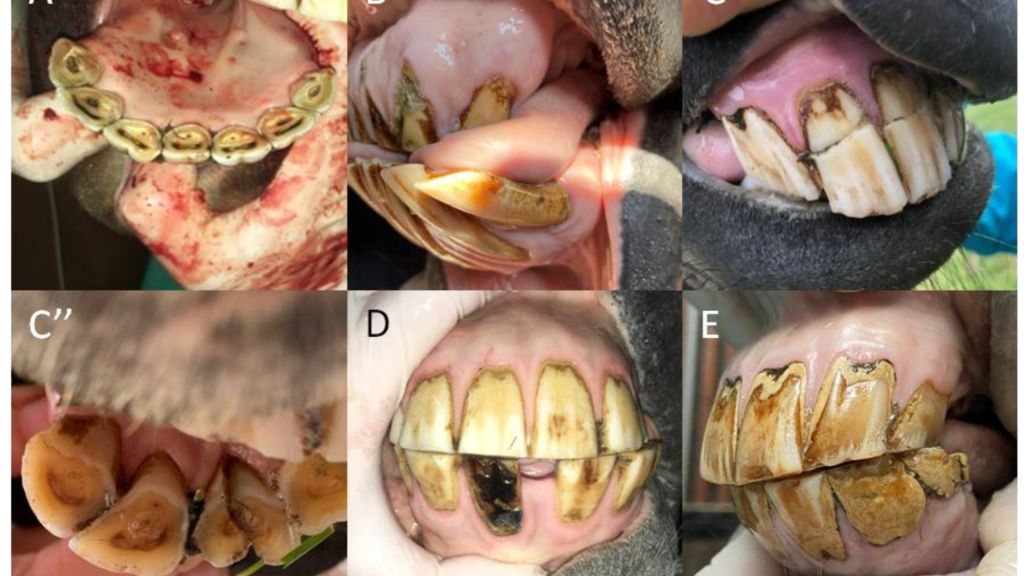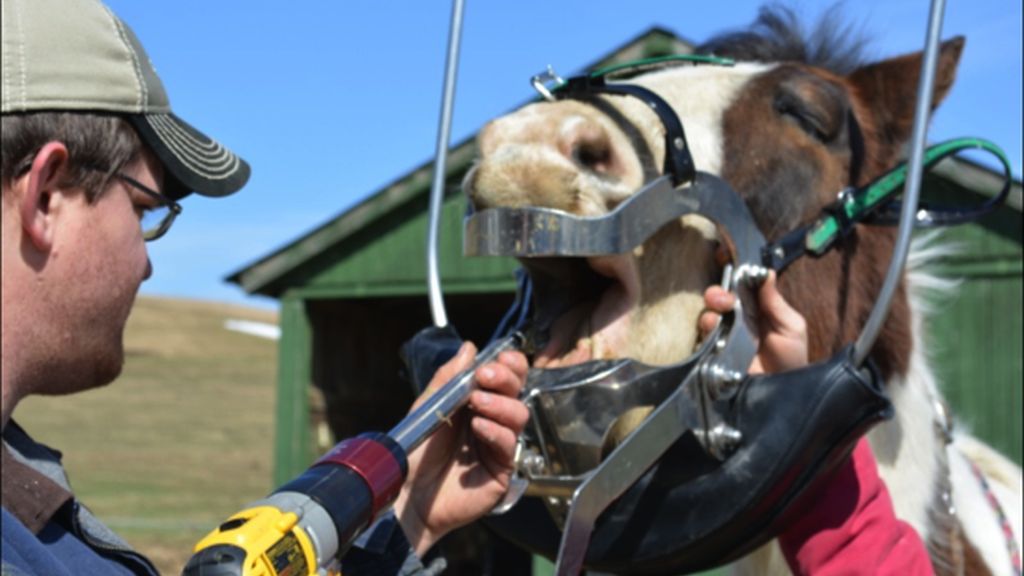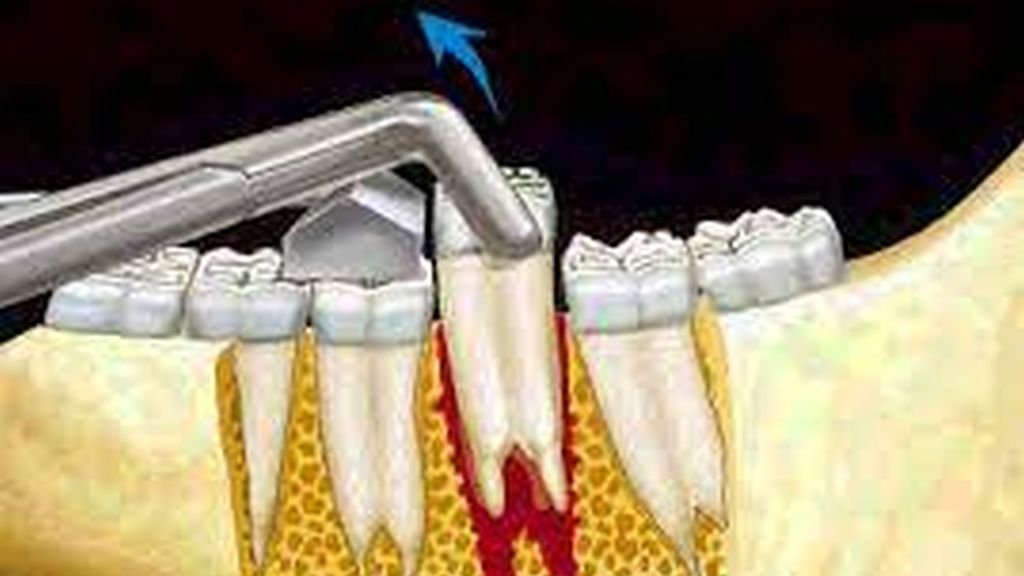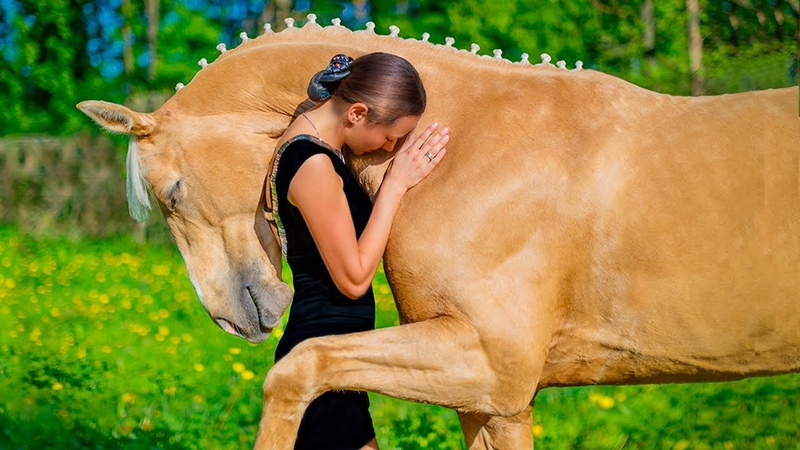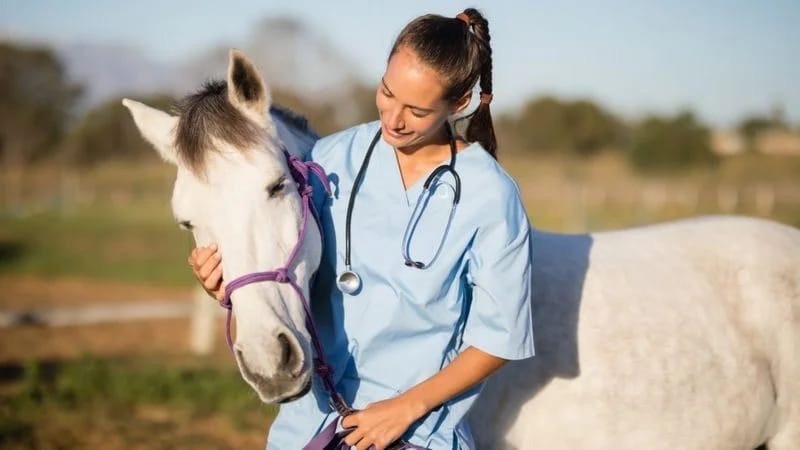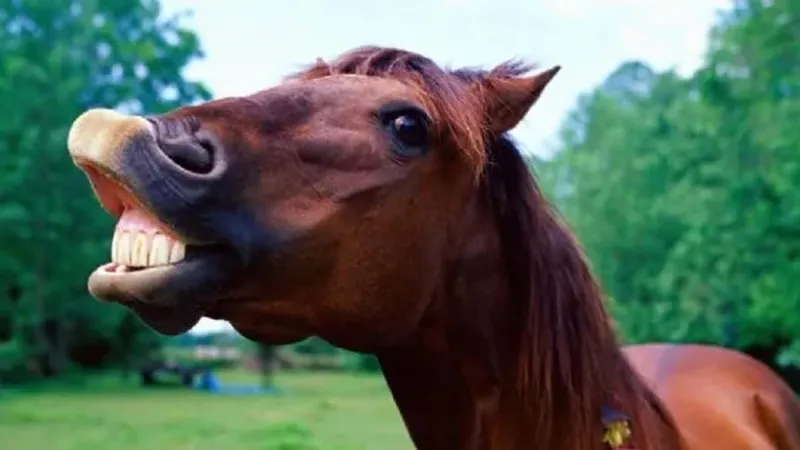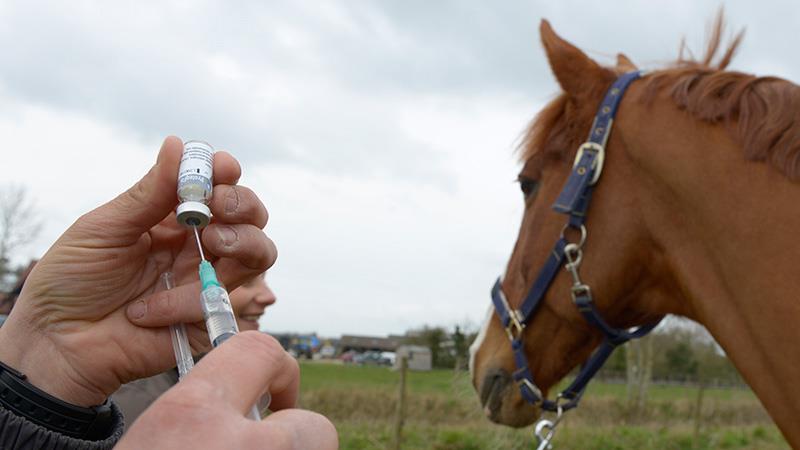Maintaining proper dental health is crucial for the overall well-being of horses. Equine dentistry has evolved significantly in recent years, with the introduction of advanced techniques that allow veterinarians to diagnose and treat dental issues more effectively. This article explores some of the advanced equine dentistry techniques that are revolutionizing horse health. From digital dental radiography to laser dentistry, these techniques not only improve the accuracy of diagnoses but also enhance treatment outcomes, ensuring optimal oral health for horses.
Digital Dental Radiography for Accurate Diagnoses
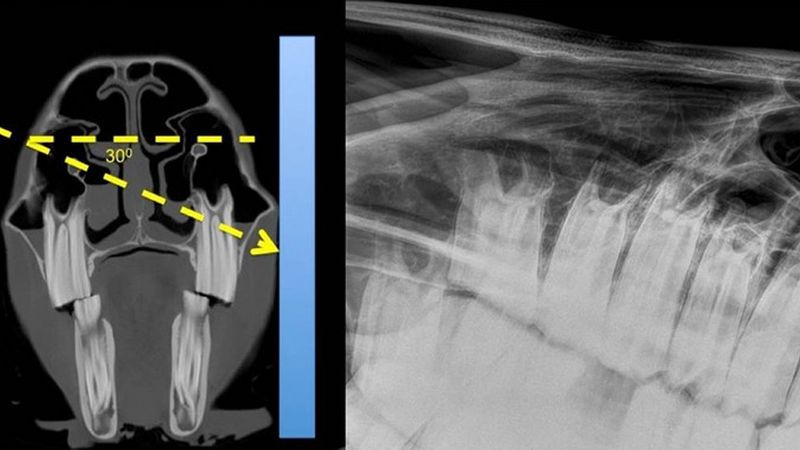
Digital dental radiography is a breakthrough technique in equine dentistry that allows veterinarians to obtain high-quality dental images quickly and accurately. With digital radiography, veterinarians can capture detailed images of the horse’s teeth, roots, and surrounding structures. This non-invasive diagnostic tool enables the early detection of dental abnormalities, including dental caries, periodontal disease, and dental fractures.
One of the significant advantages of digital dental radiography is its ability to provide instant results. Veterinarians can view the radiographic images immediately, allowing for on-the-spot diagnoses and treatment planning. Digital radiographs can be easily stored, compared over time, and shared with other specialists if necessary, facilitating comprehensive dental care for horses.
Laser Dentistry: Precision and Minimally Invasive Treatment
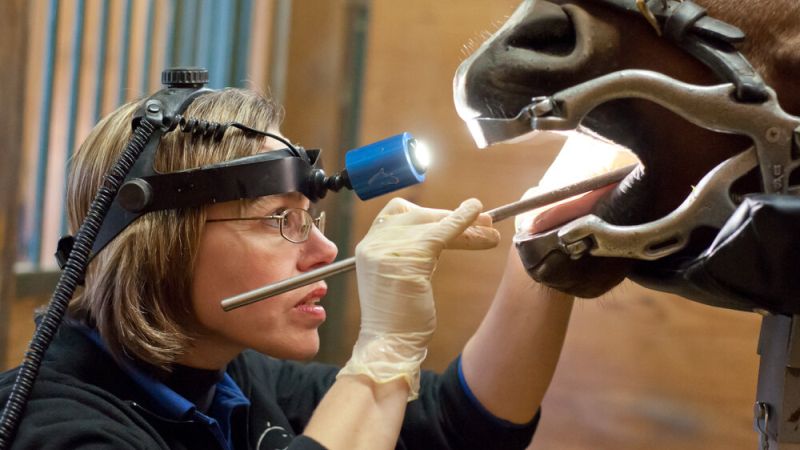
Laser dentistry has revolutionized the field of equine dentistry, offering numerous benefits for both veterinarians and horses. By utilizing a focused beam of light, dental lasers provide precise and minimally invasive treatment options for various dental conditions.
One of the key advantages of laser dentistry is its precision. The laser can target specific areas of the horse’s mouth, such as diseased tissue or overgrown gums, while leaving healthy tissue untouched. This precision ensures that the treatment is focused and minimizes damage to surrounding structures. Additionally, laser dentistry is associated with less bleeding compared to traditional dental tools, promoting faster healing and reducing post-treatment discomfort for the horse.
Another significant benefit of laser dentistry is its ability to offer a more comfortable experience for the horse. The laser is gentle and precise, causing less pain and discomfort during dental procedures. This is particularly beneficial for horses with dental sensitivities or anxiety. With laser dentistry, veterinarians can provide a less invasive and more pleasant dental treatment for their equine patients.
Furthermore, dental lasers have sterilization capabilities. The high-energy light emitted by the laser kills bacteria, reducing the risk of post-treatment infections. This is particularly important in cases of advanced periodontal disease or infected tooth roots. By utilizing laser dentistry, veterinarians can not only address dental issues but also promote oral health and prevent complications.
Equilibration Techniques for Proper Dental Alignment
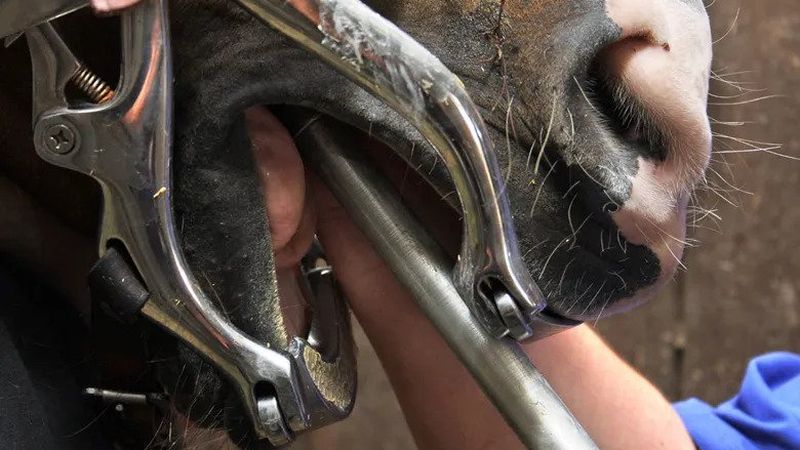
Equilibration, also known as dental floating, is an essential technique in equine dentistry to ensure proper dental alignment and occlusion. It involves the controlled reduction or leveling of the horse’s teeth to correct dental irregularities.
Equilibration is typically performed using manual dental floats or power floats. Manual floats are handheld tools that allow veterinarians to manually file down the horse’s teeth. This technique requires skill and experience to ensure the proper reduction and alignment of the teeth.
Power floats, on the other hand, have become increasingly popular due to their efficiency and precision. These advanced dental instruments utilize rotating discs or blades to reshape the horse’s teeth. Power floats provide efficient tooth reduction, allowing veterinarians to address dental irregularities more effectively. Additionally, power floats can be adjusted to different speeds and levels of abrasiveness, enabling customized treatment based on each horse’s specific dental needs.
By performing equilibration, veterinarians can ensure that the horse’s teeth meet properly, promoting effective chewing, bit acceptance, and overall oral comfort. Dental malocclusions can lead to pain, difficulty eating, and performance issues in horses. Equilibration techniques help maintain proper dental occlusion, preventing these issues and promoting optimal dental health.
Dental Endoscopy for Internal Examination
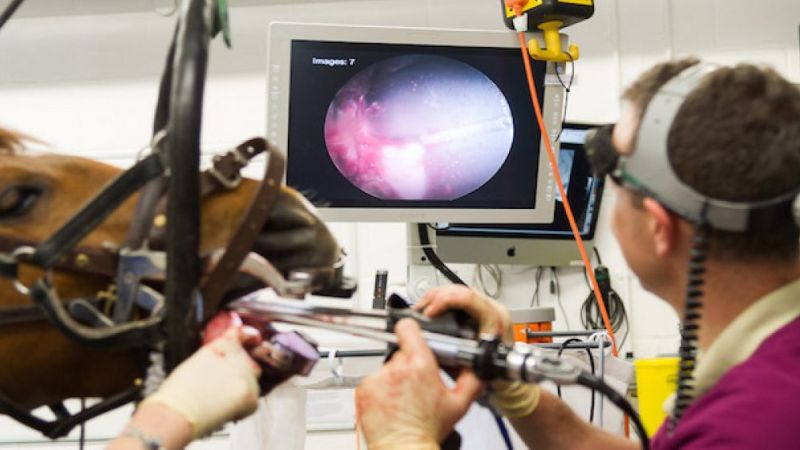
Dental endoscopy is a valuable technique used in equine dentistry to internally examine the oral cavity and diagnose dental conditions that may not be visible to the naked eye. The endoscope, a flexible tube with a camera and light source, is inserted into the horse’s mouth to visualize the teeth, gums, and oral tissues.
Dental endoscopy allows veterinarians to identify hidden dental problems, such as deep periodontal pockets, tooth root infections, or foreign objects lodged in the oral cavity. It also enables precise evaluation of dental conditions, aiding in treatment planning and monitoring treatment outcomes.
Advanced equine dentistry techniques, such as laser dentistry and equilibration, have revolutionized the field of horse dental care. Laser dentistry offers precise and minimally invasive treatment options, promoting faster healing and reduced post-treatment discomfort for horses. Equilibration techniques, including manual floats and power floats, ensure proper dental alignment and occlusion, preventing dental issues and promoting optimal oral health.
By incorporating these advanced techniques into their practice, veterinarians can provide the highest standard of dental care for horses. These techniques not only improve treatment outcomes but also contribute to the overall well-being and quality of life of equine patients. As the field of equine dentistry continues to evolve, ongoing advancements and the incorporation of new technologies will further enhance horse dental health and welfare.
